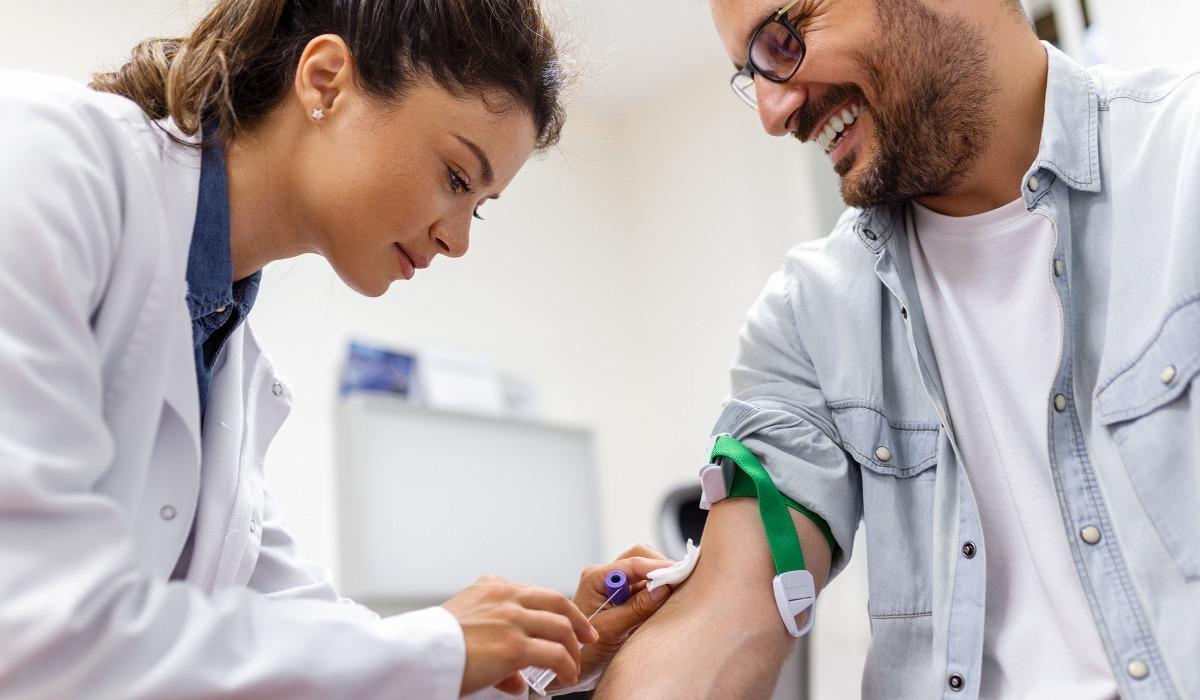
Have you ever given blood or received a transfusion before? Perhaps you are not a fan of being poked with needles. You certainly would not be the only one! Experiencing this procedure in operations or donations firsthand means you have witnessed the work of the individuals responsible for ensuring that the veritable sea of crimson cells flowing throughout our bodies transfers smoothly and without irritation.
These professionals are known as Clinical Laboratory Specialists (CLS), and their arena of expertise is phlebotomy; the puncturing of a vein to remove the sanguine substance from our arms and submit it to lab testing. They are a critical resource in certifying our bodies remain in top shape, and northern Nevada needs experts in this field who will continue to champion this method of health care treatment.
This Will Only Hurt for a Second
Many of us regularly give blood, plasma, or platelets to nonprofit organizations that distribute them to hospitals with patients who require their aid. But before they arrive at their designated locations, a phlebotomist collects and tests these samples in a sterile environment. After that, the specimens are sent out for analysis to a medical laboratory, helping them learn more about the particular subject so that they can screen for, diagnose and monitor their health conditions. There are three primary means of blood collection commonly applied in phlebotomy practices:
- Venipuncture (a simple puncture in your vein).
- Finger pricks for blood sugar tests or to determine your blood type.
- Heel pricks, which are specifically for infants.
A good phlebotomist puts someone at ease if they are anxious or have an acute fear of spiky instruments. Additionally, they are held accountable for verifying all equipment has been sanitized before gathering vital fluids. Their presence can also be a comfort if you experience adverse reactions after a puncture or transfusion. They want to confirm that you're not feeling any dizziness or side effects, so tables with food will be present often, providing the restorative powers of a delicious cookie and fruit juice. Phlebotomists are committed to safeguarding the well-being of their patients before, during, and after completing the draw.
Allied Health juggernauts like Renown are constantly searching for passionate specialists who enjoy their function as team members of the phlebotomy department and recognize its long-term value in preserving the lives of citizens in its community and across the country. Currently, there are a host of possible areas for employment available to students seeking to pursue a career as a CLS in northern Nevada:
- Clinical laboratories
- Hospitals
- Community health centers
- Assisted living facilities and nursing homes
- Doctor’s offices
- Blood donation centers and blood drives
“Phlebotomy can be a career or one step in your healthcare professional pathway. Training and work experience in phlebotomy builds a foundation for future pursuits, such as Nursing, X-Ray Technology, Surgical Technology, or medical school. Interacting with patients is an invaluable experience,” said Julie Ellsworth, Dean of Life Sciences, Allied Health, and Public Safety.
Your work identifying, labeling, and distributing blood samples would be a fundamental aspect of preventive medicine. By discovering an anomaly early, you could protect the lives of perfect strangers who count on that blood safely delivered into their IVs. You would be engaged in rewarding work, surrounded by other faithful healthcare professionals sworn to cause no harm or hurt. Phlebotomists make the world better, one vial at a time.
For more information, please visit the CLS/Phlebotomy website.






